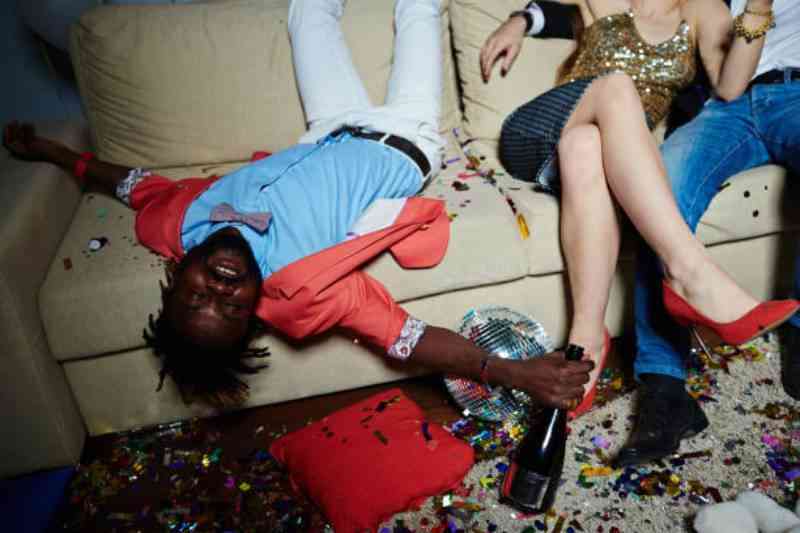×
The Standard e-Paper
Home To Bold Columnists

Sharon Tanui was once descended upon by a handsome man in a matatu. He sat next to her from Westlands to town, and as soon as the rusty doors creaked shut, he turned to her with a smile. She remembers how bold he was. How good he smelled. How confident he was. She also remembers how uncomfortable the whole ordeal was for her.